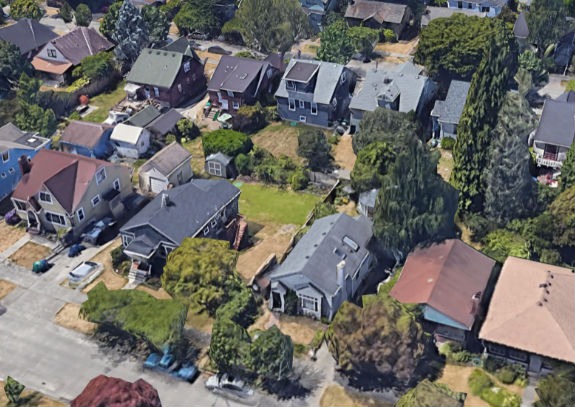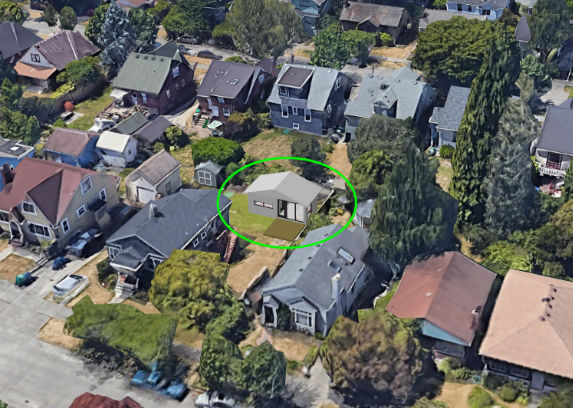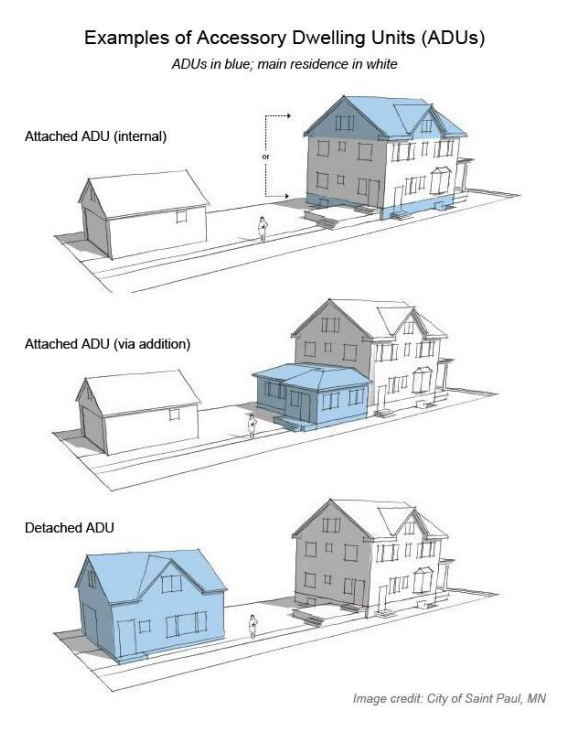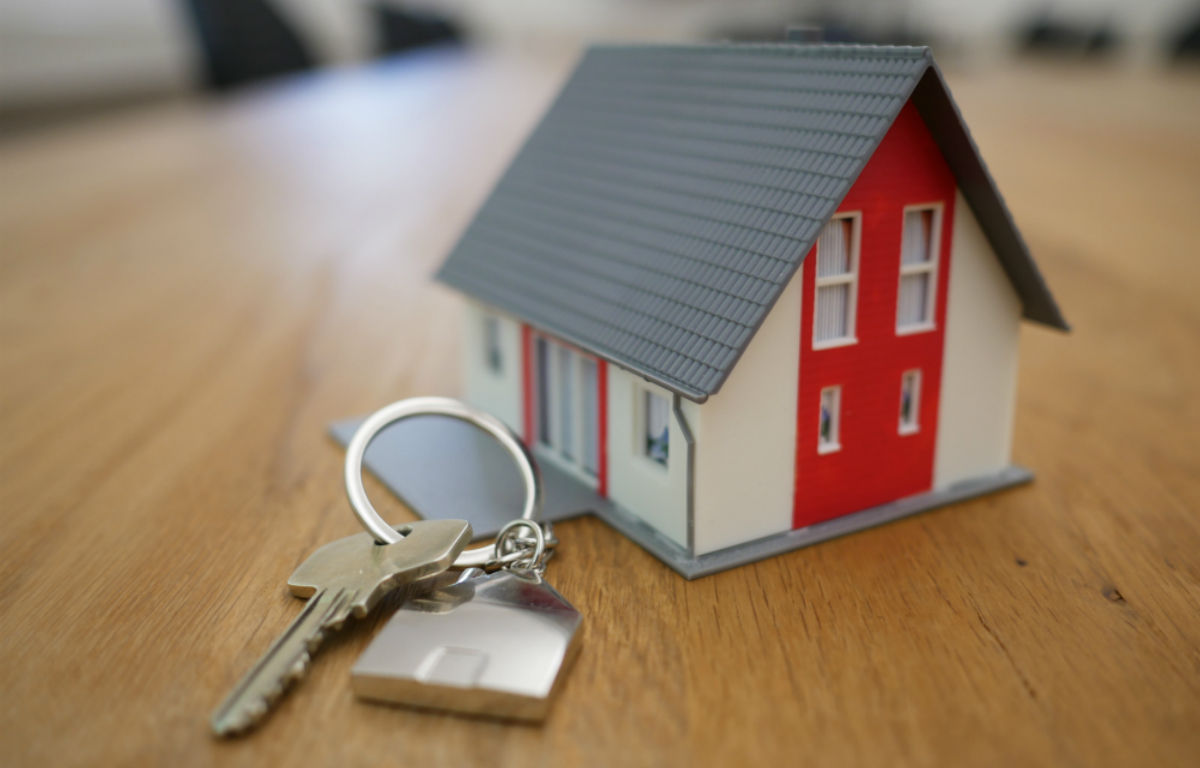

If you own a house in Seattle (or are planning to buy) you should always include ADU planning in your purchase or sale. Why? Because the inherent value in your house has changed since the new ADU zoning went into effect — virtually overnight!
We realize this is a little hard to believe, especially if you don’t currently have an ADU on your property … or aren’t even sure what an ADU is.
For those of you who need a little background, accessory dwelling units (ADU) are additional living spaces on your property, either attached to your home or detached in your backyard. They represent a whole wealth of opportunity for homeowners and renters alike — and even more so now with the new City of Seattle zoning regulations.
New ADU Requirements in Seattle
Last July, Seattle City Council unanimously approved new legislation allowing homeowners to more easily permit and build ADUs on their property. The new regulations effectively increased the potential of homes in single-family zones across the city — and this potential can mean increased lot value when you’re trying to buy or sell. To put it simply, a real estate agent with ADU knowledge could market your property at a higher price point simply by highlighting its ADU potential.
Despite the growing popularity of ADUs in condensed cities across the country, Seattle’s previous regulations made it difficult to turn dreams of an ADU into reality; not only did the old rules require homeowners to live onsite to rent out their ADUs, but they also required off-street parking for each additional unit. Seattleites with limited space on their property for parking were out of luck.
Laws and regulations are one of those funny things that can make an incredible impact overnight, despite taking months (or years) to approve and implement completely. In the case of Seattle ADU regulations, homeowners who couldn’t previously build an ADU on their property experienced the most impact — the City of Seattle essentially gave them each a free piece of buildable real estate.
Building a Legal ADU in Seattle
Though they can be a great way of supplementing your mortgage, ADUs aren’t just for renting out. One of the best aspects of having an ADU on your property is the flexibility that comes with it — as you grow older and the dynamic of your family & community evolves, you’ll come to appreciate the extra space on your lot. Whether you use it to house your parents, your children, or a new neighbor who wouldn’t have previously been able to afford to live in your neighborhood, an ADU means actualizing your property’s (and your community’s) full potential.
There are two types of ADUs — one is inside or attached to the home (AADU) and the other is a detached cottage or suite. More formally, the detached units are called detached accessory dwelling units (DADU).

While these seem like pretty straightforward requirements, there are still several caveats to the above opportunities and restrictions. For example, DADUs in Seattle must either meet green building standards or be used as an affordable unit reserved for income-eligible households.
Like most rules in government, the new ADU regulations in Seattle have a lot of moving parts and can be difficult for the average Seattleite to interpret; it’s important to find a broker who understands these finer details to ensure your property’s potential is accurately assessed and valued.
Finding an ADU-Certified Real Estate Broker

There are also a number of practical considerations to make while building your ADU:
- How do I fit an ADU in my space, given its unique layout?
- Will the slope and layout of the house & yard support a detached ADU? And if so, how big?
- Is there an existing separate entrance that could be used for an ADU or will I have to create one?
All of these questions and more can dramatically affect what you can or cannot add to your property — and consequently affects your value potential. The right real estate broker can guide you through the process of buying, selling, or building.
So, how can you verify if your broker has the experience to help you get the most from this new opportunity? You can start by asking them a few questions:
- Are you familiar with ADU/DADUs? (You’ll be surprised by how many aren’t!)
- Have you represented a sale or purchase of an ADU?
- Do you have any specific credentials regarding ADUs?
For the last question on that list, keep an ear out for specific credentials regarding ADUs, such as the “ADU Specialist” training and certifications offered by author Kol Peterson or Oregon nonprofit Earth Advantage. Kol is one of the most experienced and knowledgeable ADU experts in the country and his book, Backdoor Revolution, is a must-read for serious ADU enthusiasts!
If you have more questions about ADU real estate or ADU broker certifications, Urban Cottage is happy to help! Our founder, Gary Olmeim, is one of few ADU-certified real estate brokers in the Seattle area, and he would love to lend a hand as your family and home grows.
